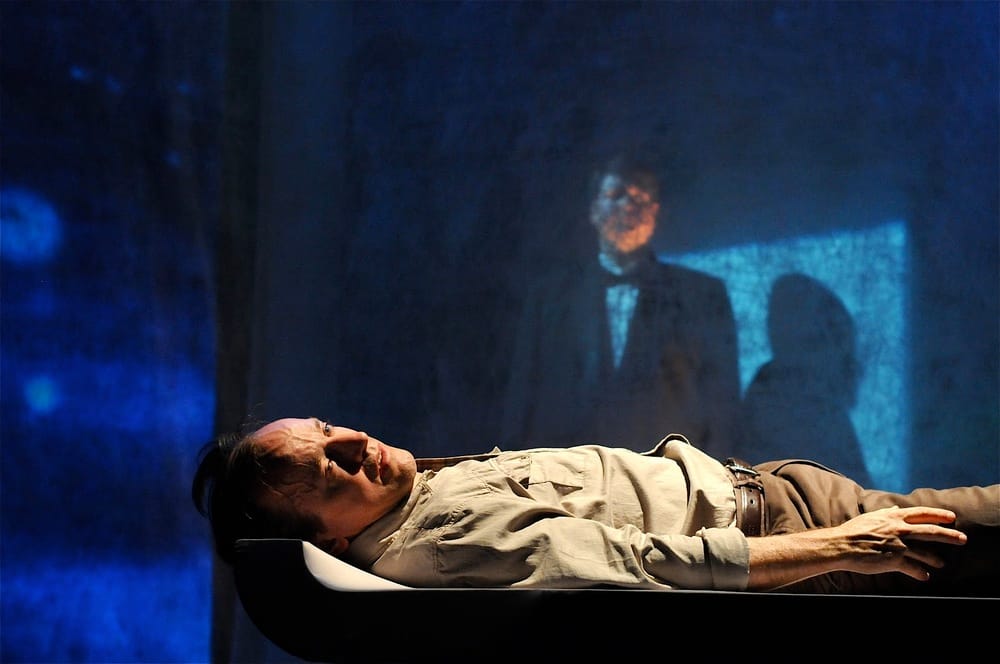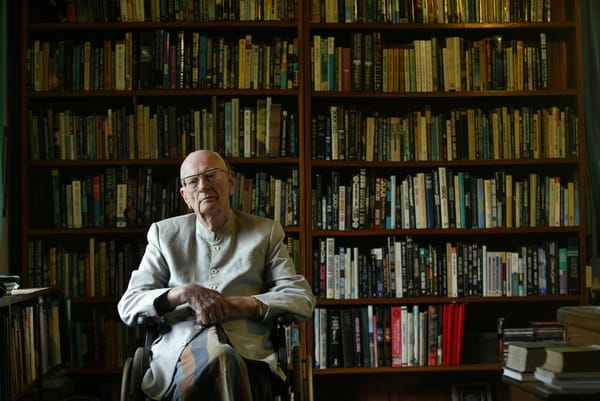The Lathe of Heaven
Maciej Matuszewski talks about Ursula Le Guin’s masterpiece

There are few SF and fantasy authors who have won as many awards as Ursula Le Guin. For over 40 years she has been well known for writing thought provoking, intelligent stories and she is fast becoming one of my favourite authors. Having thoroughly enjoyed reading her Earthsea series of novels last year I decided to finally try one of her science fiction offerings and so turned to The Lathe of Heaven.
The novel focuses on the life of George Orr, a seemingly ordinary man who has the ability to have so called “effective dreams” which can alter reality itself. Terrified of his abilities he plunges into depression and attempts to stop himself dreaming at all using drugs, eventually being forced to see psychiatrist William Haber. While initially sceptical of Orr’s abilities Haber slowly begins to believe that they can they can be used to improve the dystopian world they live in, as well as to advance his own position. A person’s dreams, however, prove difficult to control and attempting to bend reality to one’s will never has exactly the intended consequences.
This is a masterfully written novel. Exploring complex issues of philosophy, ethics and the potentially destructive effects of an excess of ambition it remains readable and accessible, in no small part due to its short length. To fit all of these themes, as well as an interesting plot and engaging characters, in less than 200 pages without making the story feel rushed or forced is an amazing achievement.
The exploration of different levels of consciousness and reality is somewhat reminiscent of the work of Philip K. Dick. Indeed, Dick himself greatly praised the book, saying: “One of the best novels, and most important to understanding of thenature of our world, is Ursula Le Guin’s The Lathe of Heaven, in which the dream universe is articulated in such a striking and compelling way that I hesitate to add any further explanation to it; it requires none.”
I personally believe that The Lathe of Heaven is far superior to much of Dick’s work. Le Guin never succumbs to the self-indulgence present in so many of Dick’s novels. Her work remains far more grounded – its meaning never obscured by impenetrable psychobabble or weirdness just for weirdness sake. As such, it remains so much more powerful a read.
This is a wonderful book that I can honestly recommend to everybody, even those who don’t usually like science fiction. A standalone masterpiece, this is the perfect way to get into Le Guin’s work if you don’t want to start with one of her longer series.







